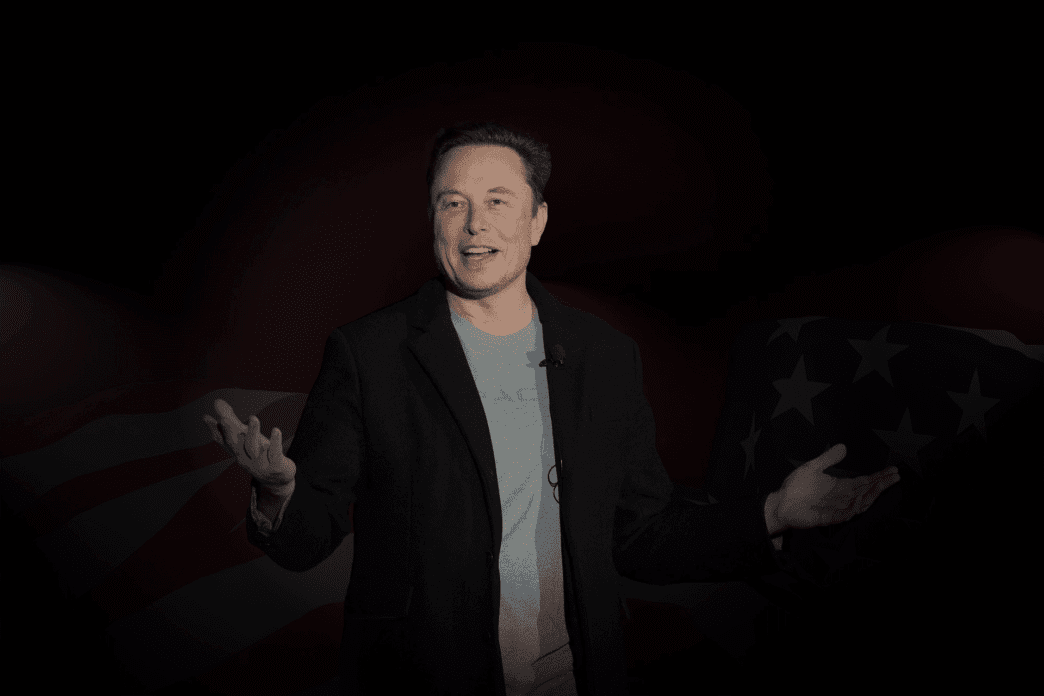In a surprising turn of events, Elon Musk, the world’s wealthiest individual and influential advisor to President-elect Donald J. Trump, reportedly met with Iran’s ambassador to the United Nations, Amir Saeid Iravani, in New York City on Monday. The New York Times first reported this meeting, citing two Iranian officials who described the discussions as centering around strategies to de-escalate tensions between Iran and the United States.
According to the report, the meeting took place at a clandestine location and extended for over an hour, sparking intrigue within diplomatic circles and among political analysts. CNN has also reported that it reached out to both Musk and Trump’s transition team for comments on the meeting; however, no official statements have been provided at this time. Additionally, Iran’s U.N. mission has chosen not to comment on the reported engagement.
This unexpected dialogue comes at a critical juncture for U.S.-Iran relations, especially as the Biden administration remains uninformed about this meeting. A U.S. official revealed to CNN that Biden administration representatives at the United Nations had not received prior notification about the meeting and, presently, have not validated its occurrence. As tensions persist between the two countries, the implications of Musk’s involvement have raised eyebrows among U.S. lawmakers and international observers alike.
In light of the shifting political landscape, experts are concerned about the future of U.S.-Iran relations. With Trump regaining the presidency in 2024, analysts indicate that his administration could revert to the maximum pressure campaign used during his first term—a strategy that intensified Iran’s economic isolation and exacerbated regional animosities. Since Trump left office in 2020, Iran has accelerated its uranium enrichment activities, increased its oil exports, and bolstered support for regional militant factions. Notably, Iran has also conducted direct attacks against Israel, indicating a significant escalation in its military posture.
Musk’s reported conversation with the Iranian envoy raises critical questions regarding his potential influence within the incoming administration, especially on matters of foreign policy. Just days prior to this meeting, Musk participated in a phone call between Trump and Ukrainian President Volodymyr Zelensky. During this exchange, Zelensky expressed gratitude for Musk’s crucial support in providing Starlink communication services amid the ongoing conflict with Russia, highlighting Musk’s growing involvement in international affairs.
The meeting also aligns with Trump’s announcement of a new “Department of Government Efficiency” that will be co-led by Musk and political figure Vivek Ramaswamy in the forthcoming administration. Trump described this department as an initiative to offer “advice and guidance from outside of Government,” raising immediate questions about potential conflicts of interest that could arise from Musk’s extensive business dealings with the federal government, including contracts with NASA and the military.
As speculation mounts about how this new government initiative will function and whether it will gain approval from a potentially Republican-dominated Congress, experts note that the implications of Musk’s growing political footprint could be profound. Observers are left to consider how this convergence of business acumen and government strategy will transform U.S. policies, especially those pertaining to foreign engagement.
While the world watches, the effects of Musk’s high-profile connections and engagements with foreign officials could redefine traditional diplomatic protocols. If his dialogues with Iranian officials signify a new approach or a means to navigate the fraught relationship between the U.S. and Iran, it could mark a pivotal shift in how non-political figures might play roles in international diplomacy.
As the Trump administration prepares to set forth its agenda, Musk’s rendezvous with Iran’s U.N. envoy stands as a testament to the intersection of technology, business, and politics, underscoring the complexities of modern governance in an increasingly interconnected world.
The coming weeks will undoubtedly bring further developments, and stakeholders in both the United States and Iran will keenly observe how this dialogue may impact future relations. The reported meeting may indeed act as a litmus test—an early indication of the foreign policy direction of the incoming Trump administration.
For more updates on this evolving story and further insights into the implications of Elon Musk’s involvement in international diplomacy, stay tuned.








